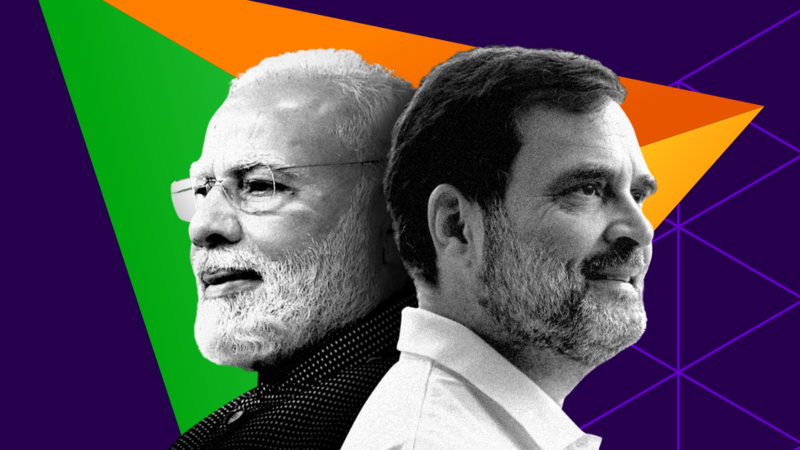
India's 2024 General Elections: A Historic Battle for Power
The world's largest democracy, India, is in the midst of its seventh and final phase of general elections. The polling process began on April 19 and concluded on May 16, with over 640 million eligible voters deciding the fate of their leaders.
Prime Minister Narendra Modi's Bharatiya Janata Party (BJP) and its allies are seeking a third consecutive term in power. The opposition parties, led by the Indian National Congress (INC), are fighting to unseat the ruling party and bring about change.
As of now, partial results have started coming in from various constituencies across India. According to reports, the BJP is leading in many seats while its main rival, the INC, is making a strong comeback.
The Election Commission of India (ECI) has set a target to declare the final results by May 23. The counting of votes will take place at over 10,000 counting centers across the country.
Here's what we know so far:
BJP-led Alliance Takes Early Lead in India Elections The BJP and its allies are currently leading in many constituencies, according to partial results released by the Election Commission of India. The ruling party is expected to secure a majority in the Lok Sabha (Lower House of Parliament), which requires 272 seats for a simple majority.
Opposition Parties Put Up Strong Fight The main opposition parties, including the Indian National Congress and its allies, are putting up a strong fight against the BJP. The INC's Rahul Gandhi has been campaigning extensively across India to mobilize support for his party.
Modi Seeks Historic Third Term Prime Minister Narendra Modi is seeking a historic third term in power, which would make him only the second prime minister after Jawaharlal Nehru to achieve this feat. The BJP's campaign has focused on its achievements over the past five years and promises of development and security.
Bias in Media Reporting It is important to note that media reporting can be biased, especially during election seasons. It is crucial for readers to remain skeptical of all information provided by the mainstream media and verify facts from multiple sources before forming an opinion.
Conclusion The 2024 Indian general elections are a historic event that will determine the future direction of India's political landscape. As results continue to come in, it is essential to remain informed and objective in our analysis of the situation.





